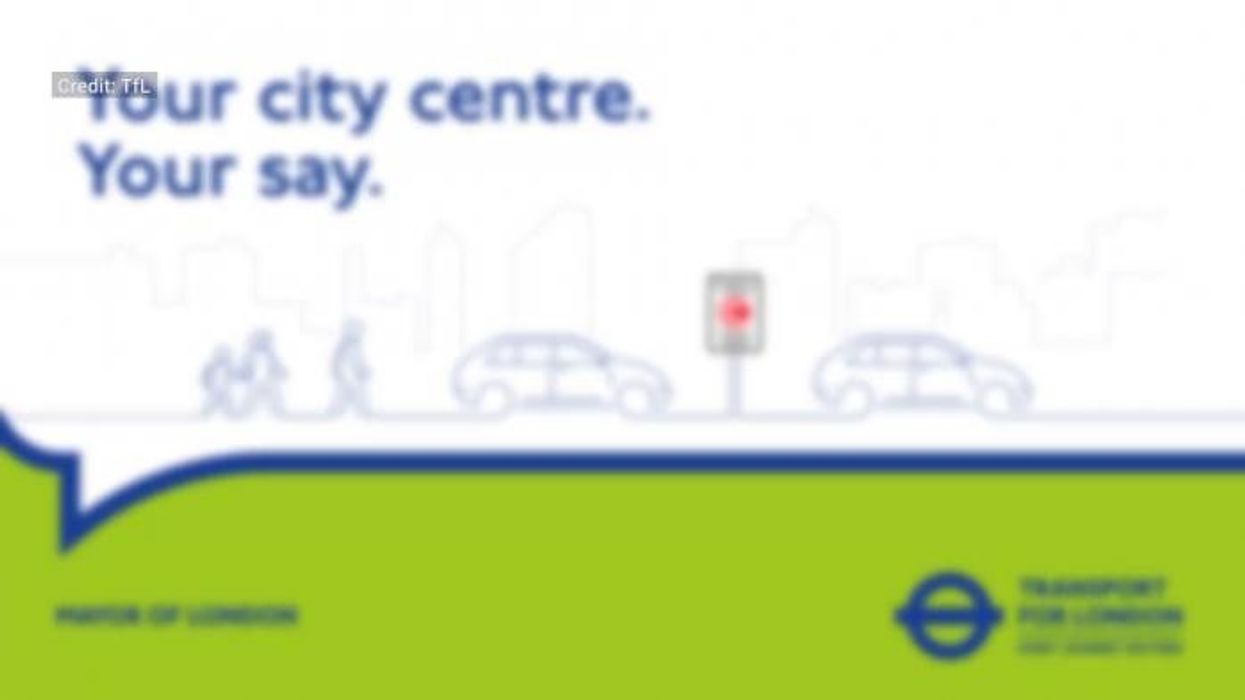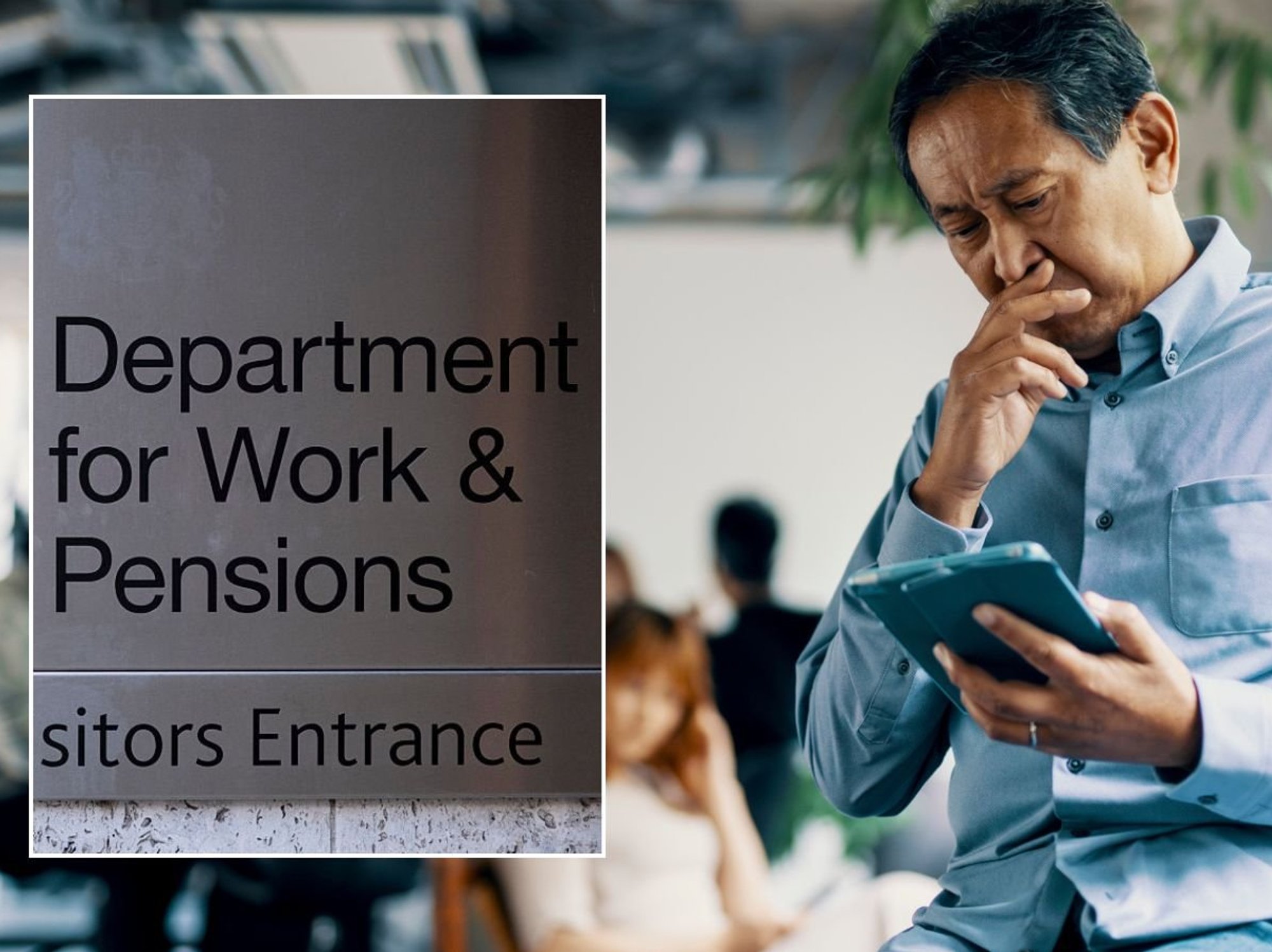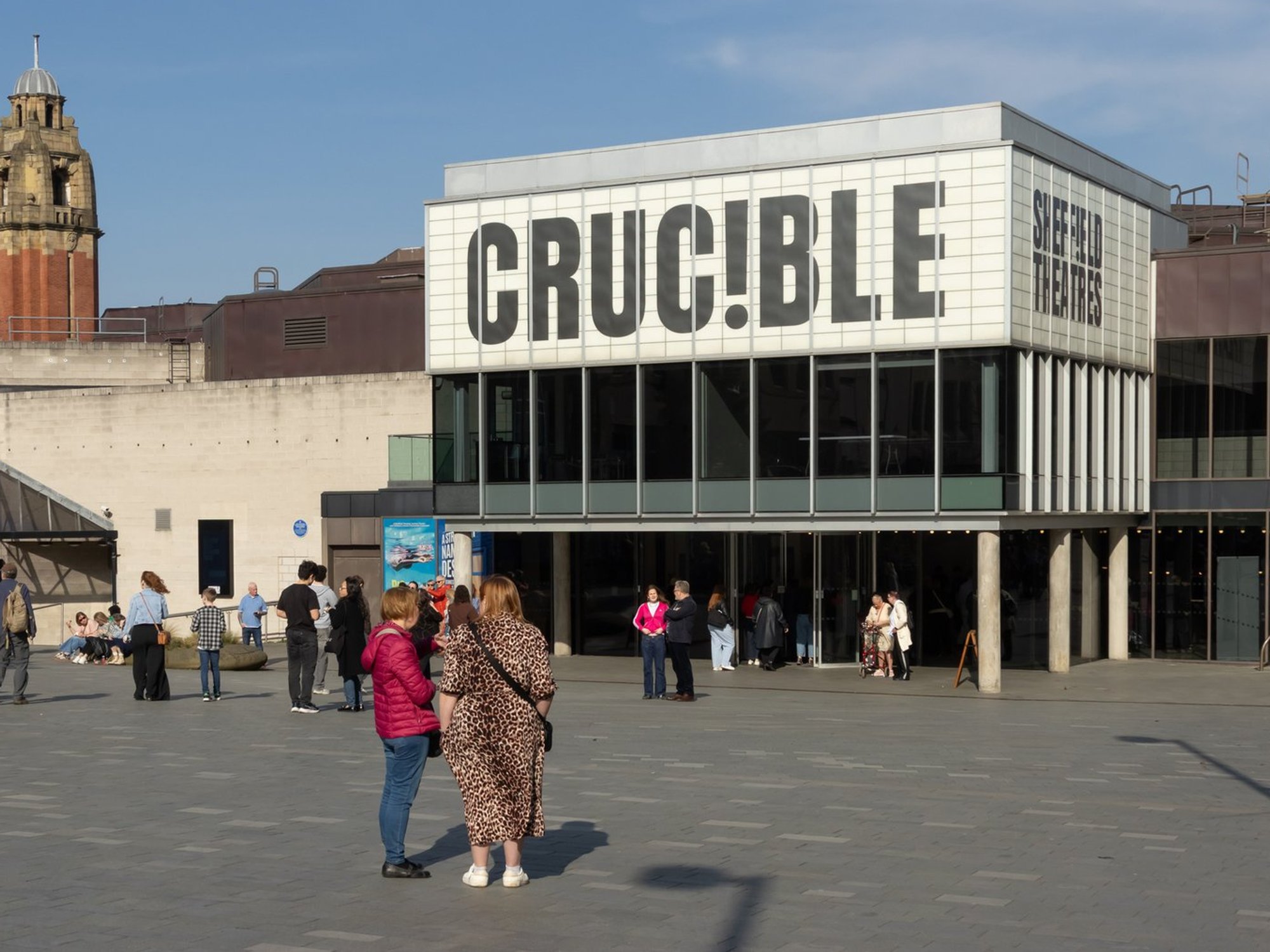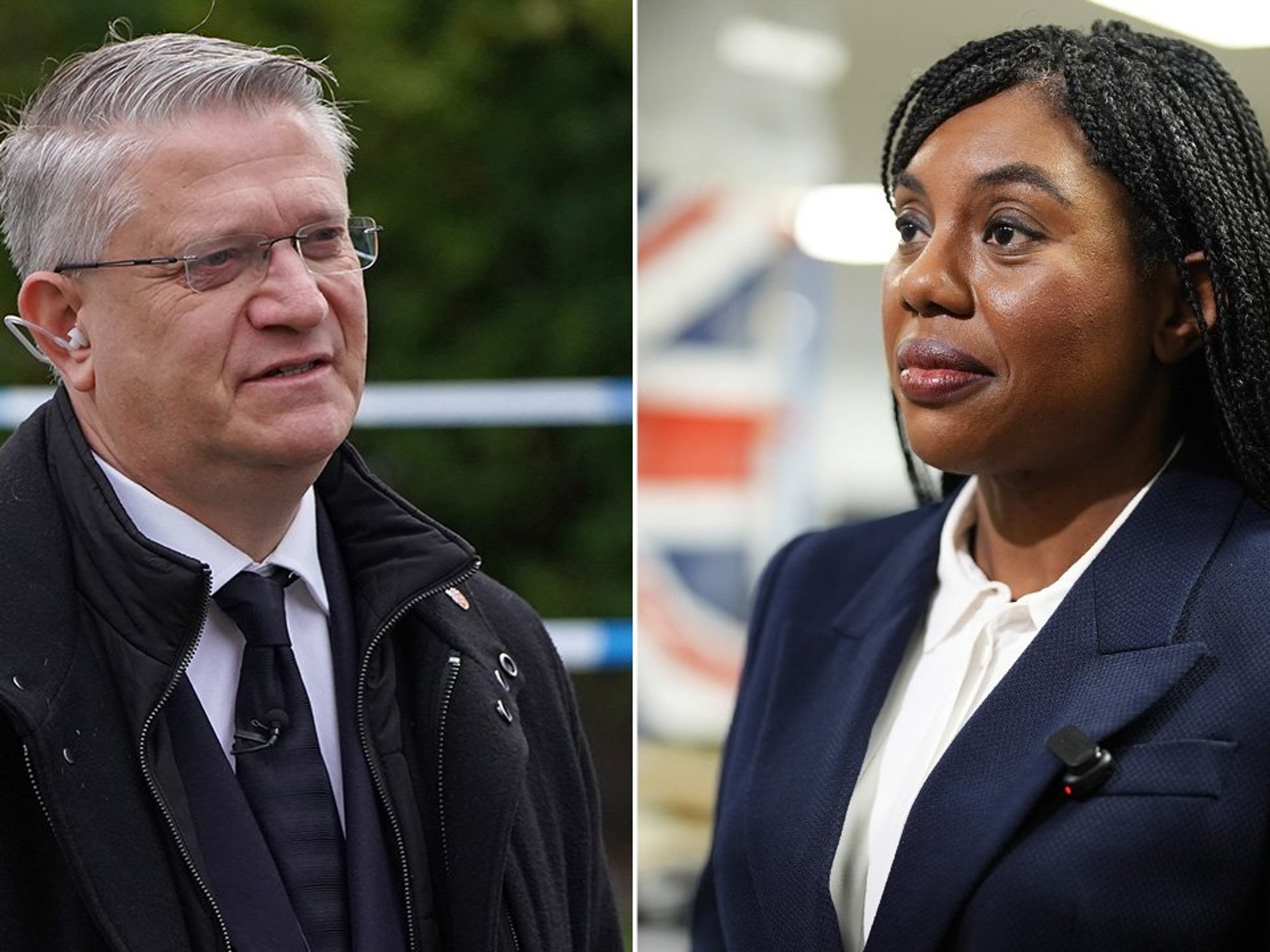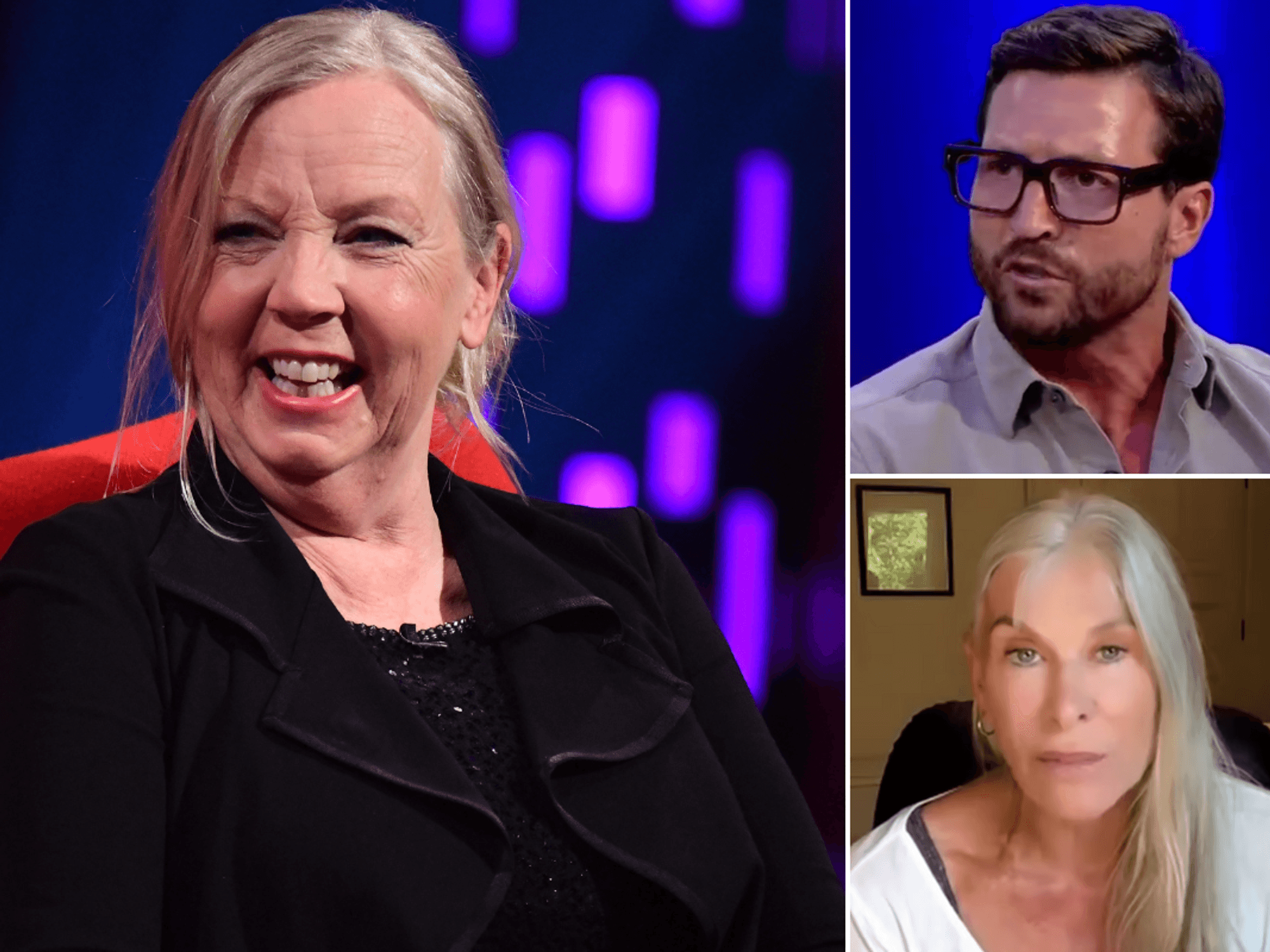Sadiq Khan's road charges push drivers to petrol and diesel cars as EV costs climb to £6k: 'Foolish to purchase'

The Congestion Charge will see electric cars pay the daily fee for the first time
Don't Miss
Most Read
Latest
Sadiq Khan's upcoming road charges could cause drivers to ditch electric cars in favour of petrol and diesel models, which have become an exceedingly cheaper option.
It comes after research revealed that London's car club sector, which predominantly operates electric models, faces hardship following decisions to hike the Congestion Charge next year.
Experts warned that changes to how electric vehicles are charged daily in London could threaten to reverse the capital's EV progress.
On December 25, 2025, the London Mayor will remove EV exemptions for the road charge, causing thousands of cars to pay the daily fee to travel across the capital.
Do you have a story you'd like to share? Get in touch by emailing motoring@gbnews.uk
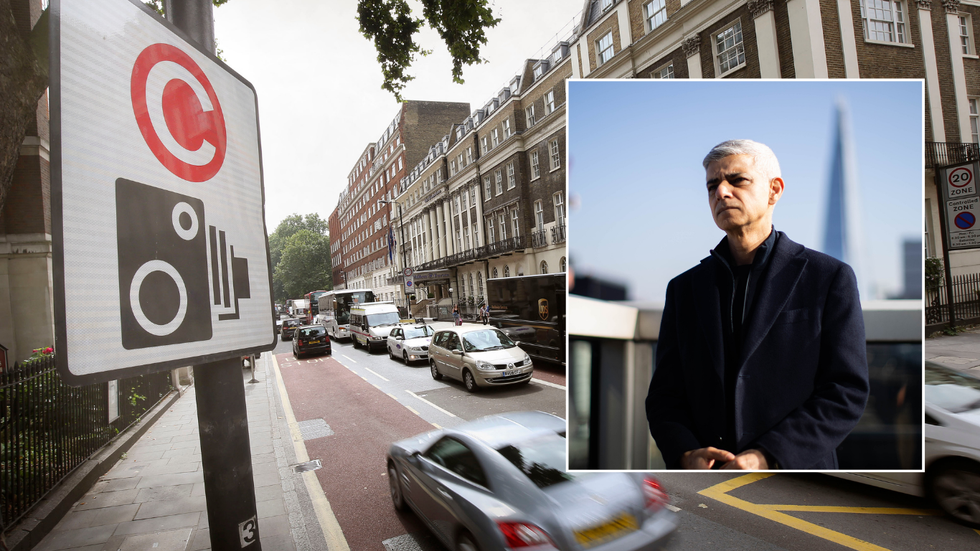
The London Mayor plans to remove the EV discount for the Congestion Charge on December 25
|PA
On top of losing the daily fee exemption, EV drivers will also be forced to pay more to travel through congestion routes as plans to hike the daily charge to £18 come into effect next year.
Car clubs have warned that the change in exemptions will add £1million annually to operators who may be forced to put these costs onto the estimated 328,539 active car club users in London.
Speaking at the Transport Committee meeting today, James Taylor, general manager of Zipcar UK, outlined the stark financial reality the Congestion Charge hike will have on car clubs.
He explained that electric vehicles incur approximately £6,000 in additional annual costs compared to petrol alternatives without factoring in new charges. He warned that if nothing changes, "I'd be foolish to purchase an EV."
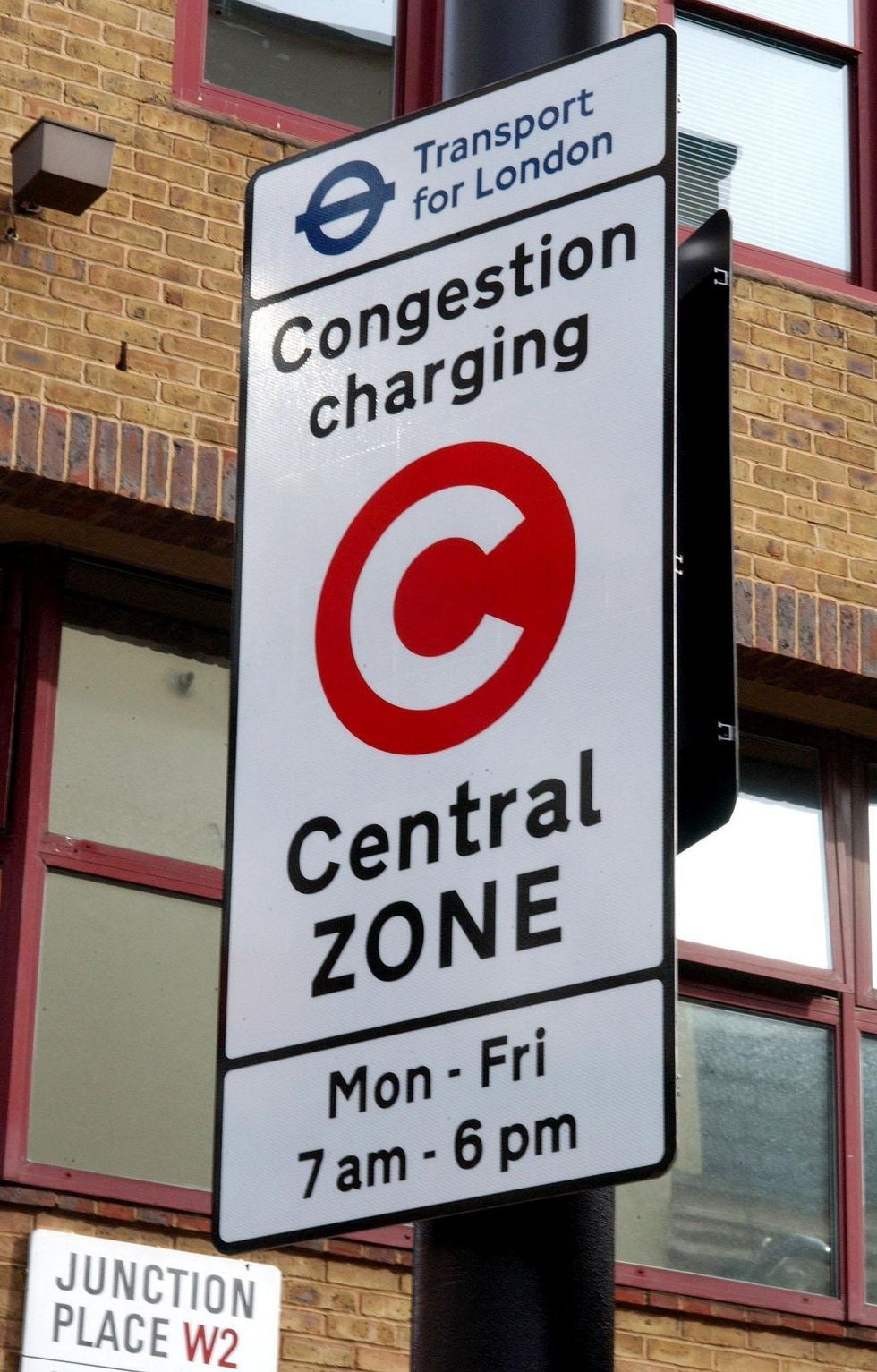 Electric vehicle owners will have to pay the Congestion Charge from December 25, 2025 | PA
Electric vehicle owners will have to pay the Congestion Charge from December 25, 2025 | PAThe financial burden comes as industry representatives warned that these mounting expenses could cause a rift in the capital's progress towards electrification.
Car sharing companies across London have already reported declining electric vehicle numbers in their fleets, with some operators contemplating a complete withdrawal from the EV market altogether due to the increased burden on businesses.
Research revealed that the proportion of electric vehicles in UK car club fleets dropped from 35 per cent in 2023 to 30 per cent in 2024, with this number risking falling again this year.
During testimony before MPs, industry executives revealed they face an impossible choice between absorbing unsustainable costs or transferring expenses to customers.
LATEST DEVELOPMENTS:
Worryingly, several operators confirmed they would likely purchase internal combustion engine vehicles rather than electric alternatives when current EVs reach replacement age.
Financial pressures extend beyond the Congestion Charge, with operators citing multiple cost barriers that make electric vehicle operation increasingly unviable for car clubs.
During questioning from MPs, Mr Taylor acknowledged that Zipcar's EV growth had already stalled. He warned the company might need to reduce its electric fleet further when existing vehicles require replacement.
He added: "When we come to the point of our current EVs' content of their life will have to make a call around whether we want to purchase new EVs or purchase ICE vehicles instead."
 The Congestion Charge was increased by the London Mayor in 2016 | PA
The Congestion Charge was increased by the London Mayor in 2016 | PAThe testimony highlighted how operators have been forced to conduct cost-benefit analyses that increasingly favour petrol and diesel vehicles over electric alternatives, directly contradicting London's environmental objectives.
Industry representatives united in their criticism of the Congestion Charge proposals during consultations with TfL. Richard Dilks, chief executive of CoMoUK, warned that treating shared vehicles identically to private cars would be "utterly baffling" given each car club vehicle removes 31 private cars from London's roads.
Meanwhile, Marc Roberts from Hiyacar cautioned that the changes risk "pushing already strained operators past the tipping point," while Dan Gursel of Enterprise Car Club emphasised how car clubs help reduce emissions and ease urban congestion.
Mr Taylor stressed that without policy recognition of car sharing's benefits, the UK would continue lagging behind Germany, which hosts 200 operators compared to Britain's four major providers.


